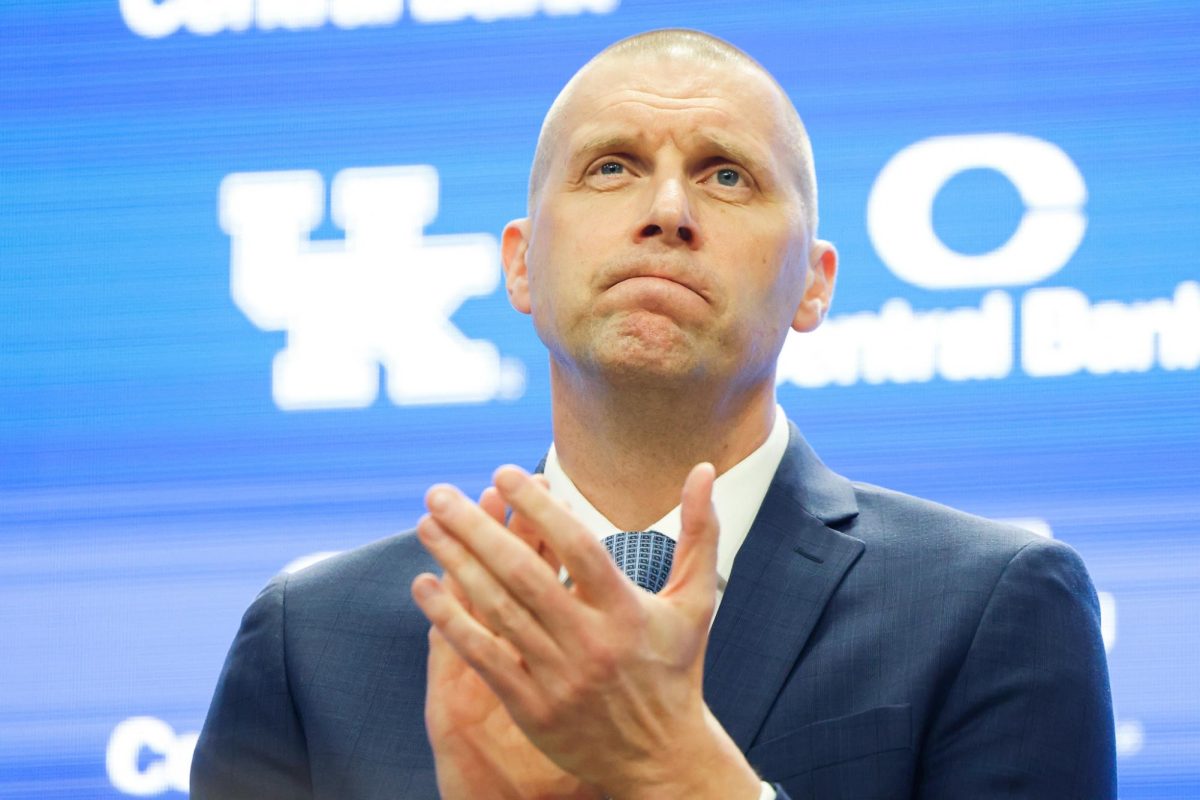Consider Brazil for studying, interning abroad
November 10, 2015
Brazil remains more or less off of Americans’ radars. Even among fairly cosmopolitan groups, Brazil is usually dismissed with assumptions of hedonism, crime, or continual societal disorganization.
Brazil exists to the majority of Americans as a lively, tropical place that most people just don’t visit. This is slowly changing, but Brazil can offer a rich and valuable experience for those inclined to make the trip.
Prior to my first visit to Brazil, I had some idea of the country. As a UK undergraduate I took a class on Brazilian history and was intrigued by the former Portuguese colony. Despite Brazil’s size, which accounts for roughly half of South America, its characteristics remain fairly unknown to the average American.
Related: Local restaurant brings international flare downtown
After I graduated from UK, I went to the University of Denver to start an M.A. in Global Trade, Finance, and Economic Integration. During my first fall semester I happened to see a flyer for the Denver-based organization US-Brazil Connect.
US-Brazil Connect offered paid month-long fellowships in Brazil to students and young professionals, during summer or winter break. Fellows lead English lessons and cultural education in private Brazilian high schools. Despite knowing no Portuguese, I applied for the fellowship, interviewed and was accepted.
Shortly thereafter I was given word that in December I would be going to Macapá, a remote northern Brazilian city along the Amazon River.
In the lead up to departure, I questioned whether my participation was really the best use of my time. I had little experience in teaching, and was more interested in trading with Brazil than teaching English. But I went anyway and after four long flights I finally arrived in Macapá, where I received an enthusiastic and heartfelt welcome. I was nervous, but the amazing warmth and hospitality of the Brazilian people put me at ease.
I taught for a few hours a day in a small technical school, where most students go on to study engineering, medicine or law. Despite Brazil’s well-publicized problems, post-secondary education is booming and there are a growing number of well-educated young people. It was difficult to return to Denver at the end of December, but I came back ready to focus on Latin American affairs.
Related: Bringing international and national students together
That spring, my resume caught the eye of the American Embassy in Brazil and I was offered an internship with them. I then reapplied with US-Brazil Connect and was awarded another fellowship and a promotion, but in the city of Jaraguá do Sul, in the far south of Brazil. I developed fluency in Portuguese during this second trip, which combined with the professional experiences has been a huge benefit to my resume.
I didn’t find much evidence that the stereotypes given to Brazil were true. There is danger in larger Brazilian cities, just like U.S. cities, but a little common sense is about all one needs to stay safe. It would be a shame to miss out entirely on Brazil because of hearsay. Brazilians are famously social and fun loving, but during your travels you are likely to encounter hardworking and honest citizens.
Brazil’s current economic crisis is well known, but it is offering huge opportunities to invest or do business there. Brazil will recover in a few years and there will be a lot of business to be done there. There are also world-class schools such as Fundação Getulio Vargas (FGV), University of São Paulo (USP), and the Federal University of Santa Catarina (UFSC) which offer study abroad opportunities.
If you are a student looking for an outstanding international study or work experience, check out Brazil. The language is beautiful, the cities and people are welcoming, and there are great academic and professional opportunities available.


























































































































































